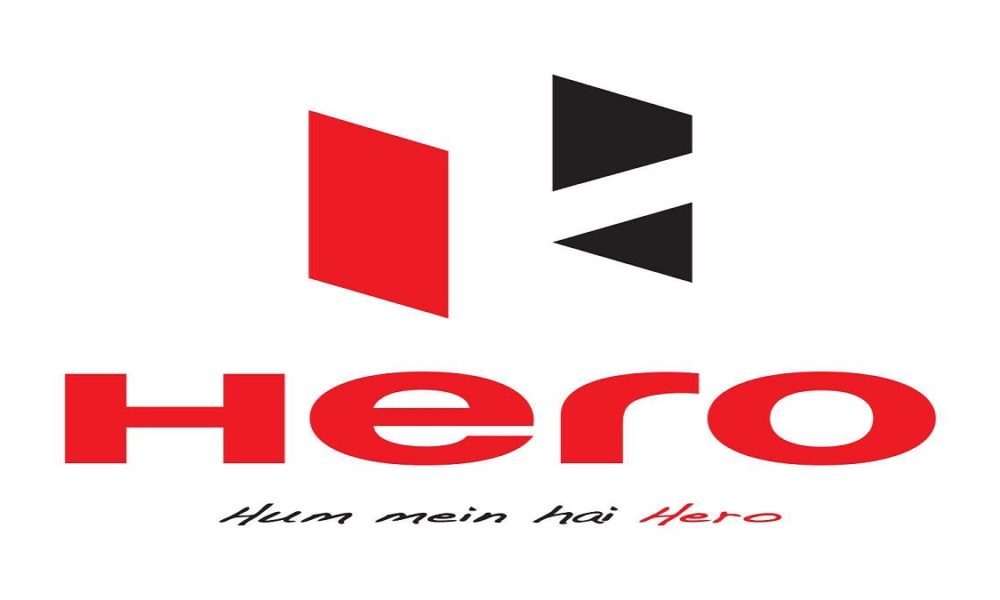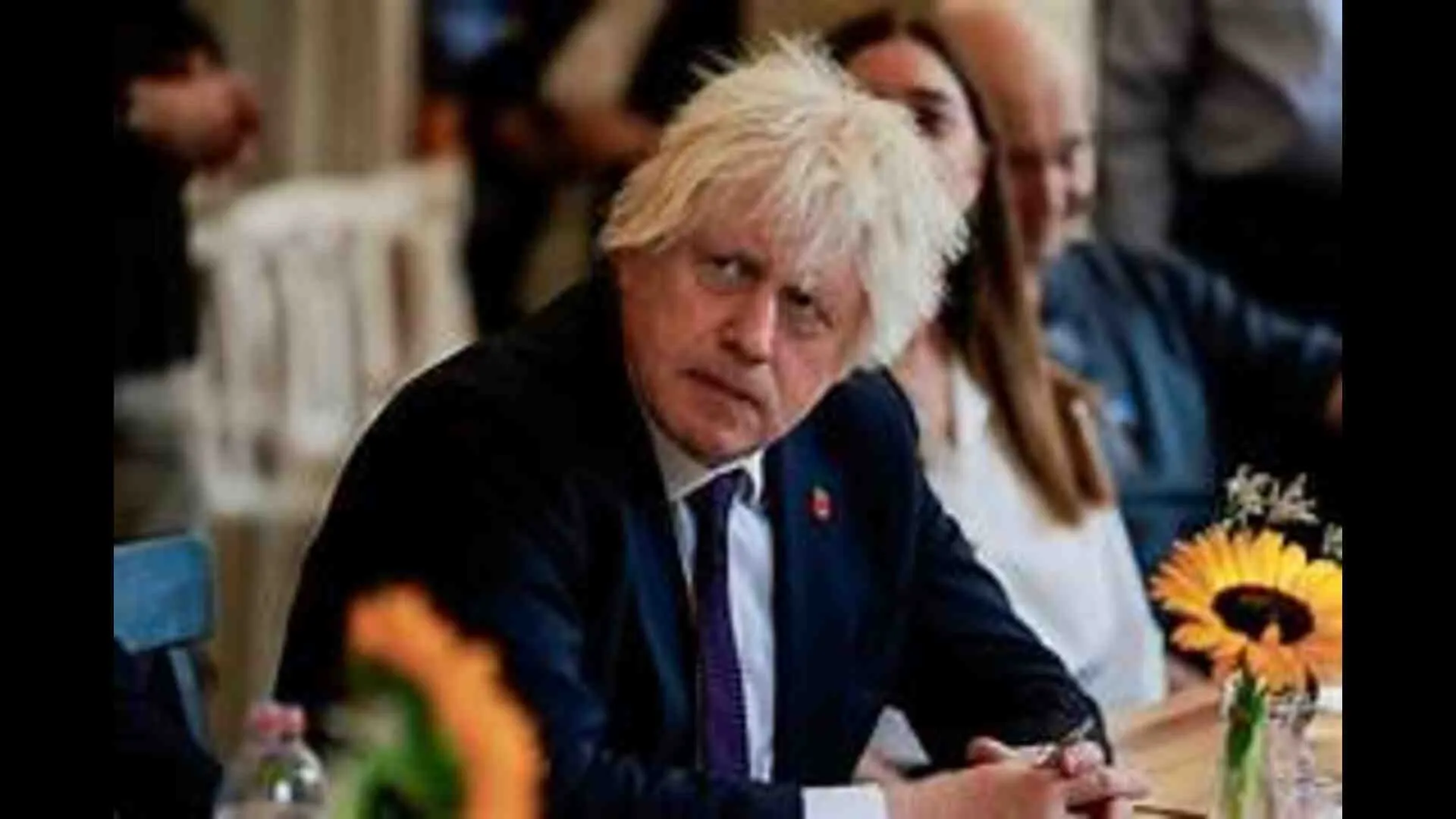As India fights the Covid-19 pandemic, most big companies, including the Hero Group, have been doing their bit in this unprecedented crisis. The Hero Group has donated Rs 100 crore to the PM CARES fund.
Q: How are you dealing with the fallout of the lockdown and how is your group dealing with it?
A: Nobody has seen anything like this in 100 years. We followed the guidelines very strictly and had started a little bit early. A couple of weeks before the lockdown, half our employees were working from home. Three days before the actual lockdown, we asked all the people from our companies to stay at home and operate from there. For me personally, it has been a challenge to stay at home at this time but it has also been a busy time because we got involved in supporting multiple initiatives with civil society, basically in trying to identify and improve capacities in hospitals including ICUs, ventilators, PPE etc. Many of our companies’ cafeterias and kitchens began to feed the homeless and those in shelters who were unable to manage by themselves.
Q: Do you believe that was the need of the hour, for corporates like yourselves, to adapt and see how they can help government efforts?
A: First, this is not only the government’s responsibility, it is all of ours. Those with the resources, the knowledge, the capacity, absolutely have to pitch in. This is an unprecedented pandemic. Each of us has a role and responsibility in this. The first concern was lives, just ensuring that people can be safe. This is one of the tightest lockdowns and has been successful. Police forces have helped in doing an amazing job. But when you need to start balancing between lives and livelihood, because the lockdown which is necessary, also means a complete halt on economic activity. There are likely to be massive job losses, and lack of income will drive many countries into great difficulty. So, we need to figure out a way to balance these two in a very sensible manner.
Q: Do you believe the lockdown was needed and has it yielded results?
A: Absolutely, I think it’s done two things. First, it has pushed back the impact of a large number of people from getting affected. Second, it allowed India to prepare a little better. We were not prepared to handle something of this nature. Frankly, neither was any other country. But other countries have bigger, more effective healthcare systems, we do not. So, for us, to be able to prepare hospitals for Covid-19, this time was necessary to organise all that. But it’s not the time yet to balance both. Studies have shown that the curve has started flattening when countries have been shut down for 59 days on average. On May 3, when we plan to open, it will only have been 40 days of shutdown.
Q: Do you believe there is a need for a phased exit plan from the lockdown? Already, there has been easing of certain lockdown regulations, MHA has come up with a few guidelines. Do you think those should be expanded? Also, can manufacturing start with the movement of labour back to the places they were working?
A: Three things need to happen right now. One, we cannot fully open yet, that is quite clear. Parts of India, green zones, economic activity should be encouraged there. Both in services, retail and manufacturing. I can’t understand why after allowing e-commerce companies to deliver non-essentials, we’ve shut it down again. You have to encourage parts of it to open, whatever is possible, which is low-risk, should and must open, that is an essential requirement. What you have to remember with manufacturing companies, especially in the areas of textiles, automotive is that there is a big linkage in the entire value chain, from retail, distribution, wholesale, manufacturing to suppliers of components to the manufacturing companies, all of the value chain needs to reopen for it to be effective. Otherwise, you cannot manufacture in a vacuum, it has to be done in a phased manner. Because it cannot be done right away, there is an essential need for a support package to come in addition to the monetary and the fiscal packages that have already been announced.
Q: Do you believe this support package then should be announced as soon as possible? Or should the government wait a bit? Second, which sectors need this stimulus package the most?
A: First, I think we’re already late. We should have announced this. There is a lot of anticipation and disappointment among all sections, especially small industries. Don’t forget, we have been telling people to not fire anyone from their companies, keep paying their wages and salaries. And for some time, companies did so. But after a while, people started questioning: If I have no revenue, how can I support employees? Even the banks are not rolling out money. Please remember, despite RBI instructions and guidelines reducing repo and reverse repo, banks are still only lending to the best rated companies. Average companies, NBFCs don’t have access to funding right now. What the government did for the underprivileged and the needy was wonderful i.e. getting food, gas directly to them. They need to do the same now for businesses across the board. All companies are suffering right now, some more than others. Certain sectors — tourism, hospitality — will continue to suffer more. Even when we start to open up, there will be caution. Any place which requires large gatherings is going to suffer for a while. The government thus needs to provide a package.
Q: There is worldwide sentiment against China right now. Do you think India can take advantage of that?
A: Actually, the opportunity has been there for a while. The USChina trade war broke out a long time ago. Many companies took parts of their businesses away from China to Vietnam, Indonesia, Malaysia, Bangladesh. These companies benefited a lot but we got very little. This is a second opportunity now. Many companies are following a 1+1 strategy-they will remain in China but they will have an alternative to China as a parallel source. India is very well positioned in this scenario, we should and we must take advantage of that. Especially in the manufacturing area, which is where China is expected to lose a lot of the opportunity that they had. In pharmaceuticals, textiles, electronic hardware, there is a whole lot of chain of goods where India is very well positioned to bring investment from outside or have companies play the role of supporting the world’s growing need for manufactured goods.
Q: How is it going to be for education sector ahead?
A: Since the last 10 years, education has been looking at some induction of technology in learning, teaching, administration and communication. This crisis has forced people to be locked in one place and continue their work. I believe education, skills and training will be some of the biggest beneficiaries of adopting technology for communication and remote learning. All the institutions that I’m involved with, all of them are running classes right now so that students don’t lose out on curriculum. ISB, for e.g., held their graduation with 1,000 people digitally. At Doon School, we’ve planned the induction of the new batch remotely. We’ve hired a new headmaster who will be joining in a little over a month, that was again done over the Internet. So, I believe that this will be the new normal.























